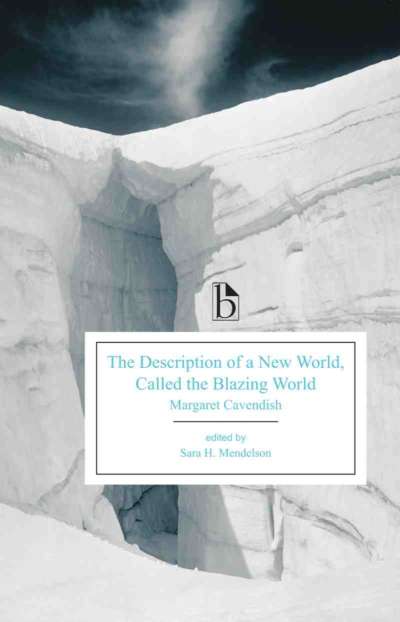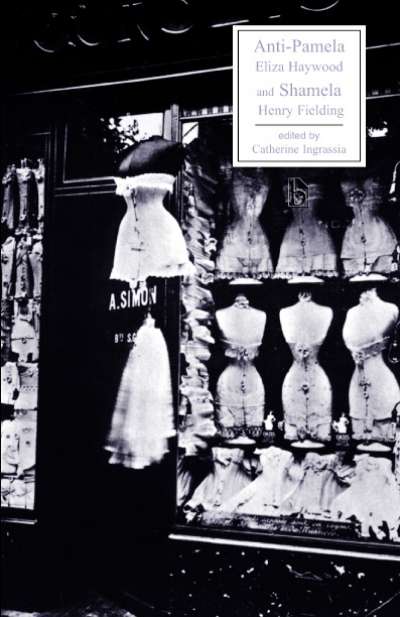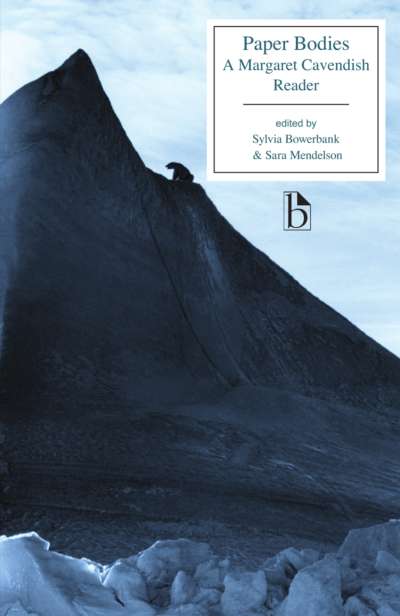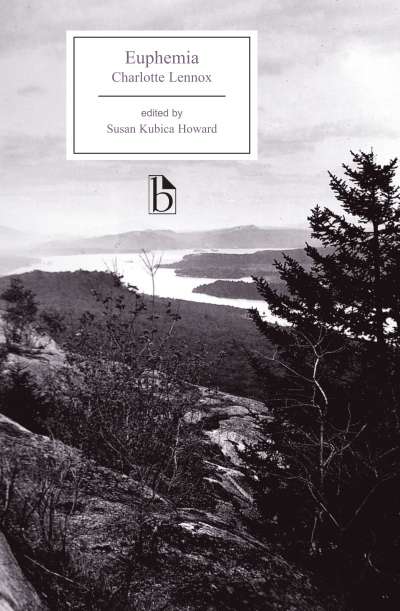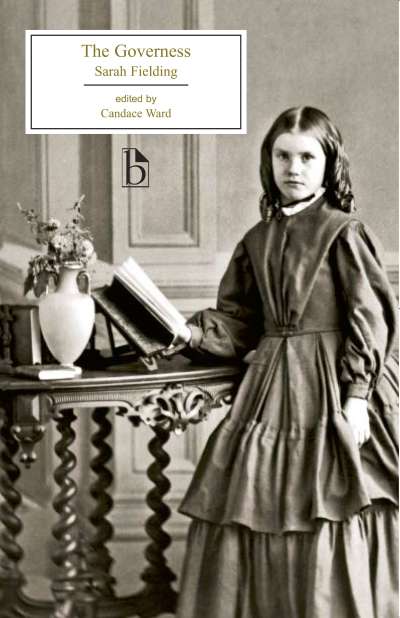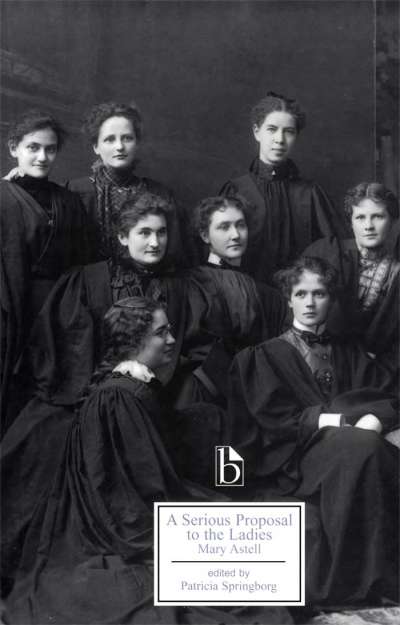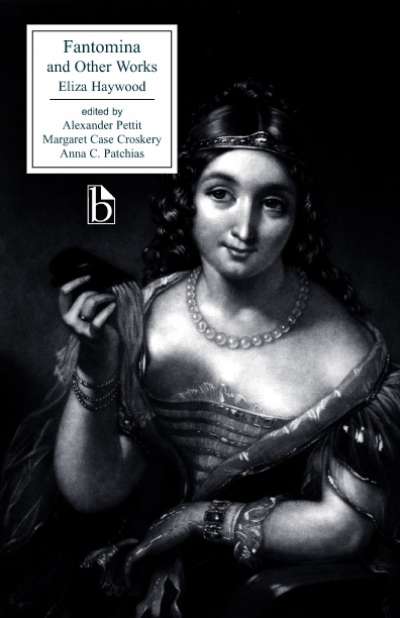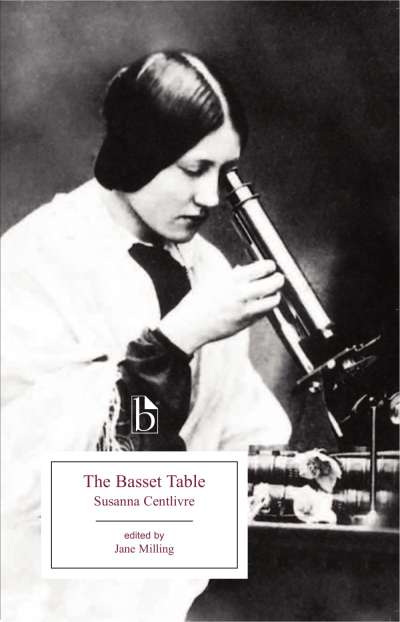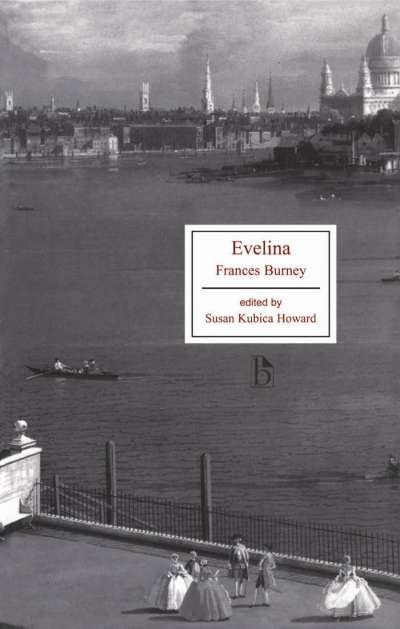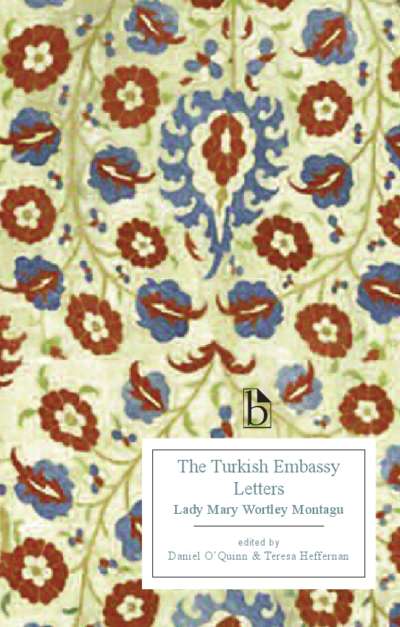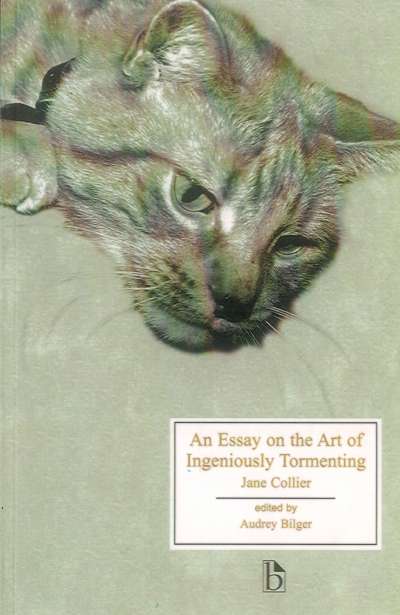Frances Burney’s journals and letters, composed between 1768 and 1839, contain a unique account of the creative, social, and commercial ambitions and achievements of an eighteenth-century female writer. Focusing on Burney’s literary life, this selection from her journals and correspondence combines Burney’s own accounts of the creation of her popular novels, her aspirations for her dramatic writings, and her reflections upon her letters and journals as literary productions in their own right.
In addition to Burney’s letters and journal entries, this Broadview edition includes: selections from Burney’s Brief Reflections relative to the Emigrant French Clergy (1793) and Memoirs of Doctor Burney (1832); letters by family and friends about her literary activities; and contemporary reviews of The Diary and Letters of Madame d’Arblay.
Academics please note that this is a title classified as having a restricted allocation of complimentary copies. While the availability of bound complimentary copies is restricted to desk copies only, electronic complimentary copies are readily available for those professors wishing to consider this title for possible course adoption. Should you choose to adopt the book after viewing an electronic copy we will be happy to provide a bound desk copy.
Comments
“This rich selection gives a vivid sense of Burney, the sharp-eyed and exacting writer. It also brings to life her struggles, and her self-awareness, as an author, striving and competing in a literary marketplace. The book charts one extraordinary woman’s life of writing, but its journal entries, letters and reviews also reveal the changing habits of a whole literary culture.” — John Mullan, University College London
“These accounts of Frances Burney’s literary adventures, along with the advice of her closest friends and relatives, provide a penetrating view of a woman writer’s constraints and obstacles in the eighteenth century. Justine Crump’s selections, from Burney’s excitement over the anonymous publication of Evelina to Samuel Crisp’s warnings about propriety and Edmund Burke’s praise of Cecilia, provide intriguing perspectives of Burney and her art.” — Linda Lang-Peralta, The Metropolitan State College of Denver


